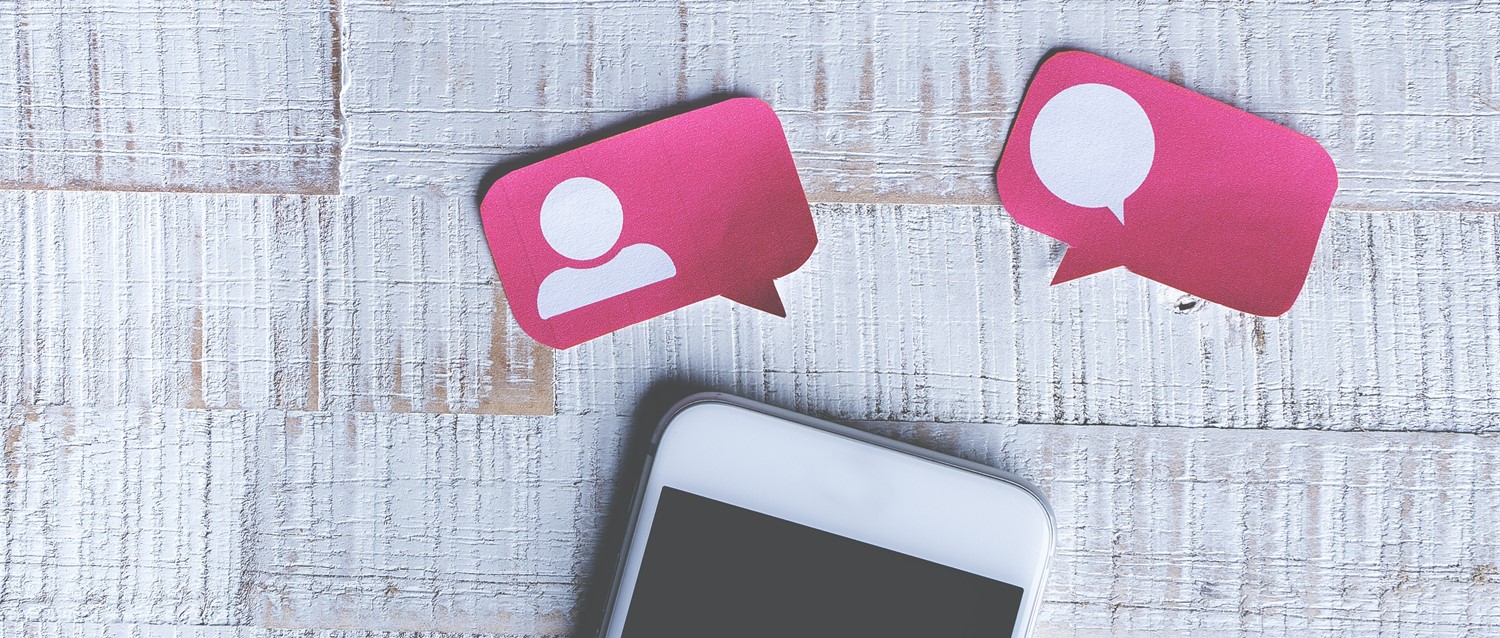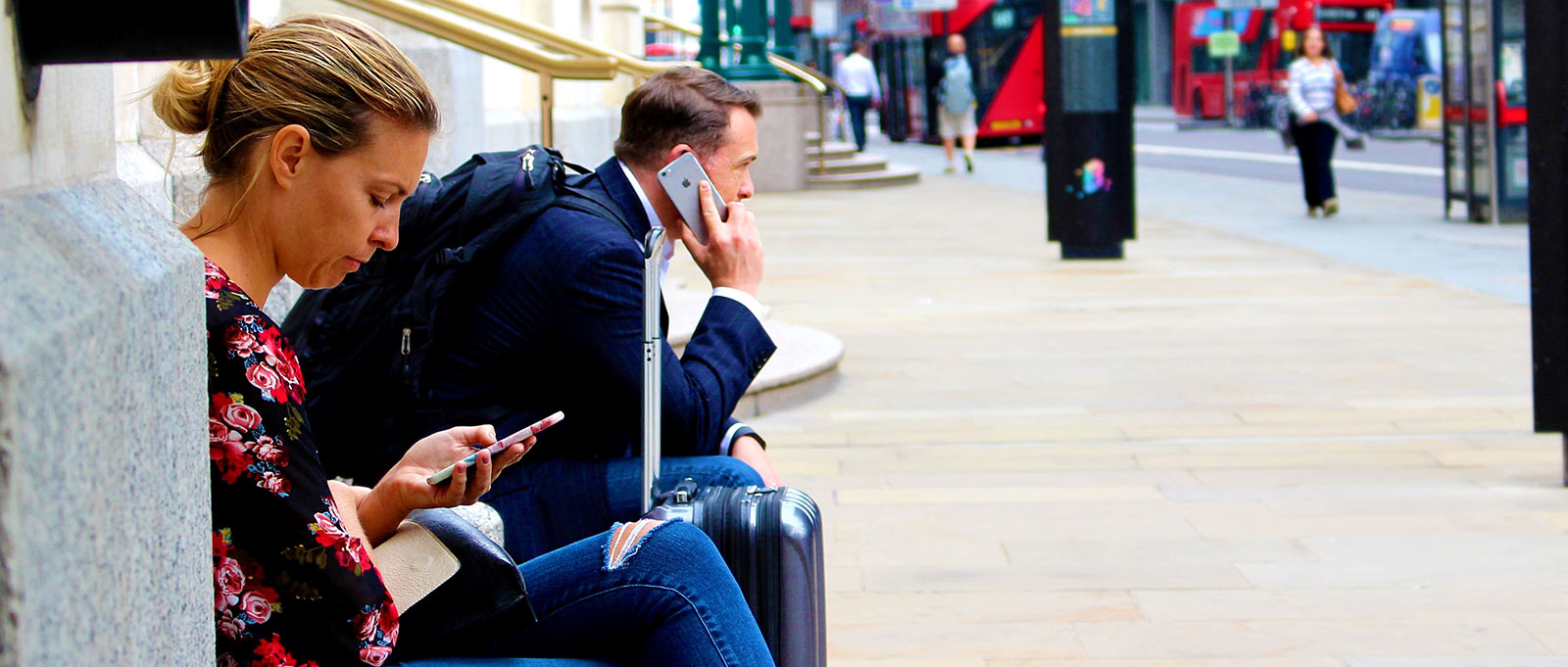
Social media therapy - is online mental health advice helpful?
Peer reviewed by Dr Sarah Jarvis MBE, FRCGPLast updated by Lydia SmithLast updated 15 Nov 2021
Meets Patient’s editorial guidelines
- DownloadDownload
- Share
- Language
- Discussion
Sharing mental health advice from therapists on social media is becoming increasingly common. The phenomenon - dubbed 'social media therapy' or 'Instagram therapy' - sees normal people post quotes from their counsellor, or general advice or information aimed at helping other people feel understood. Although these posts are often very relatable, they can sometimes cause more harm than good.
In this article:
Video picks for Online and social media
Continue reading below
What is social media therapy?
From Instagram to TikTok, regular people have become mental health influencers by writing quick posts. These might feature quotes from a therapist or detailed infographics, which provide advice or uplifting thoughts for followers. The posts are generally positive and aim to help people find solace and support in online communities.
"There are some useful and supportive online forums, that are also on Twitter and Instagram, where they post three or four times a day on how to cope with difficult feelings," says Alivia Rose, psychotherapist and spokesperson for the UK Council for Psychotherapy (UKCP).
"These can be places where the reader can feel less isolated and alone with their feelings and get some tips and advice on how to manage them," she explains. "Hearing that others are going through it as well can make coping with unbearable feelings more manageable."
In some cases, these posts may encourage people to seek out their own mental health treatment or therapy too. "They may be an entry point for someone's individual psychotherapy, having read some supportive and positive information," adds Rose.
Social media during COVID-19
Back to contentsDuring the COVID-19 lockdowns, many people experienced isolation and uncertainty on an immense scale. According to a 2020 survey by the Mental Health Foundation, one in four adults reported feelings of loneliness. With fewer chances to see friends and family, more people turned to social media to connect with other people and seek mental health support.
With more people experiencing mental health issues and the conversation turning online, the long-standing stigma around this topic is finally being broken down. Hearing that other people are going through similar struggles can be validating and normalising, which can help reduce feelings of isolation and shame.
Social media can sometimes provide a form of peer support too, which research suggests can help people deal with difficult emotions and feelings.
"What is interesting to me is that for the first time in 36 years of being a qualified psychotherapist, mental health is now on the agenda," says Rose. "When I qualified, psychotherapy was not really understood or communicated about. It was a hidden subject and people didn't like to disclose they were having therapy for fear they would be seen in a negative light.
"The positive side of all the press and social media exposure is that it has become more acceptable that people have mental health issues, and they can choose to go into psychotherapy and start to get better."
However, many posts on social media - while well intentioned - are written by people with no professional mental health training. And although they are typically positive, they are no replacement for actual therapy with a registered counsellor or psychotherapist.
Continue reading below
General advice isn't always helpful
Back to contentsOne risk of taking mental health advice from social media posts is that often, it is very general. What one person may find helpful can be troublesome for another, depending on their personal situation. Unlike on social media, a professional therapy session provides a safe space where you can work with your therapist to explore problems and find individualistic solutions.
"It can be useful to repeat what your therapist has said to you with the understanding that it was purely in response to your own history and issues," says Rose. "Having said that, when listening to a friend and colleague expressing their concerns it may well not be useful to repeat it.
"They may not be able to identify with it, as it was meant for you alone. A therapist will always take your individual situation and mental health into account when offering advice or feedback."
With advice on social media, there is always the risk it will be misunderstood or misconstrued - potentially making it more harmful than helpful.
Social media can have adverse effects on mental health
Back to contentsAnother issue is that health advice online can occasionally lead people into dangerous behaviour, which can harm their mental or physical health. Social media posts, on the whole, are unregulated and not all influencers have their followers' best interests at heart.
"I think the downside of online information is that the sites and posts that are set up to encourage people to be part of a 'gang' or 'family' can encourage ill health," Rose explains. "This has been seen and noted on some sites for anorexia, addiction and suicide. These sites pull people into destructive and unhealthy behaviour.
"If the mental health issue that the person was looking to get help with had been exacerbated from being on the site, then this would be a clear warning sign that the site was not helpful to them," adds Rose. "Also, if the person was feeling worse about themself from being on the site, then this would be another warning sign."
Continue reading below
False information
Back to contentsAdditionally, we tend only to see a snapshot of people's lives in their social media posts. Often, problems are simplified and the whole picture is rarely visible. Posts may also contain false or misleading information. For example, someone may claim that exercise alone can cure a mental health problem. While lifestyle changes can help support good mental health, talking therapy or medication may be necessary too.
Social media can also create pressure to look, think or feel a certain way, which can have a detrimental impact on our mental health too.
Judging online information carefully
Back to contentsSocial media posts have the potential to humanise mental health problems and encourage people to talk about their issues and seek help. However, it's important to remember that online material can have a negative side too. Not all advice is good advice, so being discerning is key.
If you're unsure about the validity of the advice on a post, it's worth checking who wrote it and their credentials. And if you're finding social media more harmful than helpful, a break from it might be needed.
Finally, if you're struggling with your mental health, it's important to speak to your doctor who can recommend different treatments, such as talking therapy or medication.
Patient picks for Online and social media

Healthy living
Why you're addicted to your iPhone
Just put that iPhone down for one second. If you did, you’re probably OK to move on. If the very thought sent you into a state of panic, you may need to read this article to the end.
by Dr Laurence Knott

Healthy living
Dr Krishna Vakharia: A look back - and forward
2022 brought with it the end of lockdown and social distancing due to COVID-19. However, with it we saw an increase in diseases and illnesses that kept us all on our toes. At Patient, we published new information about mpox - previously known as monkeypox - polio and new leaflets on Group A streptococcus which had taken hold by the end of the year.
by Dr Krishna Vakharia, MRCGP
Continue reading below
Article history
The information on this page is peer reviewed by qualified clinicians.
15 Nov 2021 | Latest version
15 Nov 2021 | Originally published

Ask, share, connect.
Browse discussions, ask questions, and share experiences across hundreds of health topics.

Feeling unwell?
Assess your symptoms online for free
Sign up to the Patient newsletter
Your weekly dose of clear, trustworthy health advice - written to help you feel informed, confident and in control.
By subscribing you accept our Privacy Policy. You can unsubscribe at any time. We never sell your data.